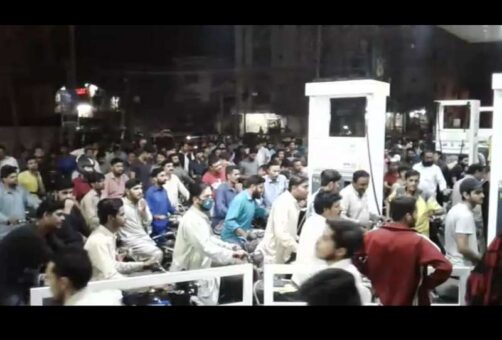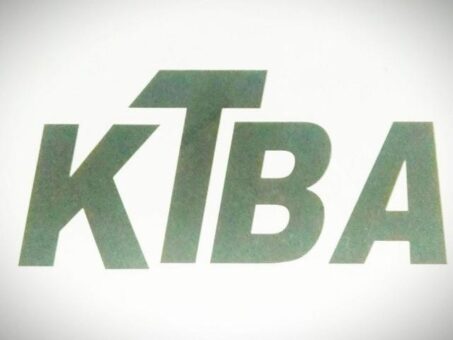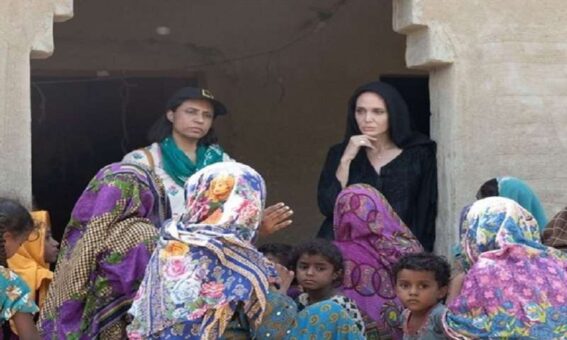ISLAMABAD: The government on Friday announced significant reduction in petroleum prices for next fortnight starting from October 01, 2022.
According to the new prices, effective from October 01, 2022:
The rate of petrol has been reduced by Rs12.63 per liter to Rs224.80 from Rs237.43.
READ MORE: Pakistan reviews petroleum prices on Sept 30, 2022 amid crash in global rates
The price of high speed diesel has been cut by 12.13 per liter to Rs235.30 from Rs247.43.
The rate of Kerosene oil has been slashed by Rs10.19 to Rs191.83 from Rs202.02.
The price of light diesel oil has been reduced by Rs10.78 to Rs186.50 from Rs197.28.
The government has reduced the petroleum prices in the wake of massive decline in international oil prices.
READ MORE: New petroleum prices in Pakistan effective from September 21, 2022
According to Reuters news agency oil prices fell $2 a barrel a day earlier, settling at nine-month lows in choppy trade, pressured by a strengthening dollar as market participants awaited details on new sanctions on Russia.
Brent crude futures for November settled down $2.09, or 2.4 per cent, to $84.06 a barrel, plunging below levels reached on January 14. U.S. West Texas Intermediate (WTI) crude for November delivery dropped by $2.06, or 2.3 per cent to $76.71, the lowest since Jan. 6.
Previously, the government revised the petroleum prices on September 21, 2022, which was scheduled to be announced on September 15, 2022.
READ MORE: New petroleum prices in Pakistan from September 01, 2022
The previous government of PTI had kept both the petroleum levy and sales tax at zero in order to provide relief to the masses. The PTI government also provided a huge subsidy on prices of petroleum products in order to lower the rates and provide relief to the masses.
However, former Prime Minister Imran Khan was removed through a vote of no-confidence motion on April 10, 2022. Since then the new coalition government led by PML-N increased the prices of petroleum products sharply on three different occasions.
READ MORE: New petroleum prices in Pakistan from August 16, 2022
The present government in the budget estimated to collect Rs855 billion as petroleum levy during the fiscal year 2022/2023. As this fiscal year is starting from July 01, 2022, it is likely that the government will opt to impose the levy from this date.
The exchange rate has seen massive decline in rupee value during past week despite inflows received from the International Monetary Fund (IMF).
Pakistani Rupee (PKR) has plunged by PKR 20 against the US dollar since the country received tranche from the International Monetary Fund (IMF). The country received a tranche of $1.16 billion from the IMF under Extended Fund (EFF) loan program on August 31, 2022.
The government was hopeful of improvement in economic indicators once the money is received from the IMF. However, in contrast the PKR fell sharply since the IMF funds transferred to the State Bank of Pakistan (SBP).









